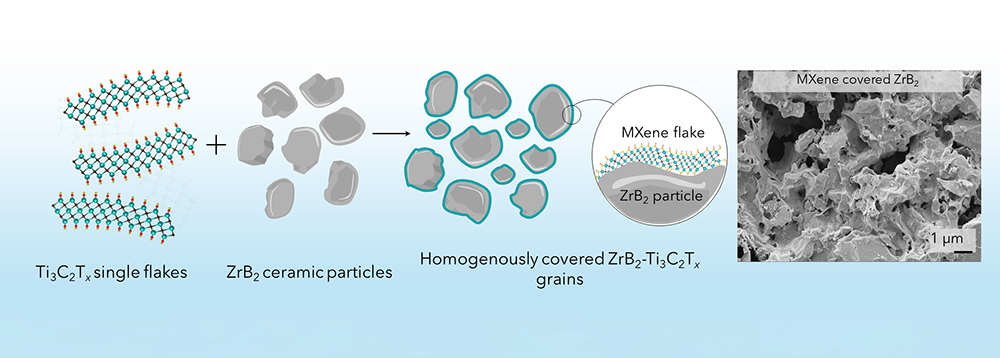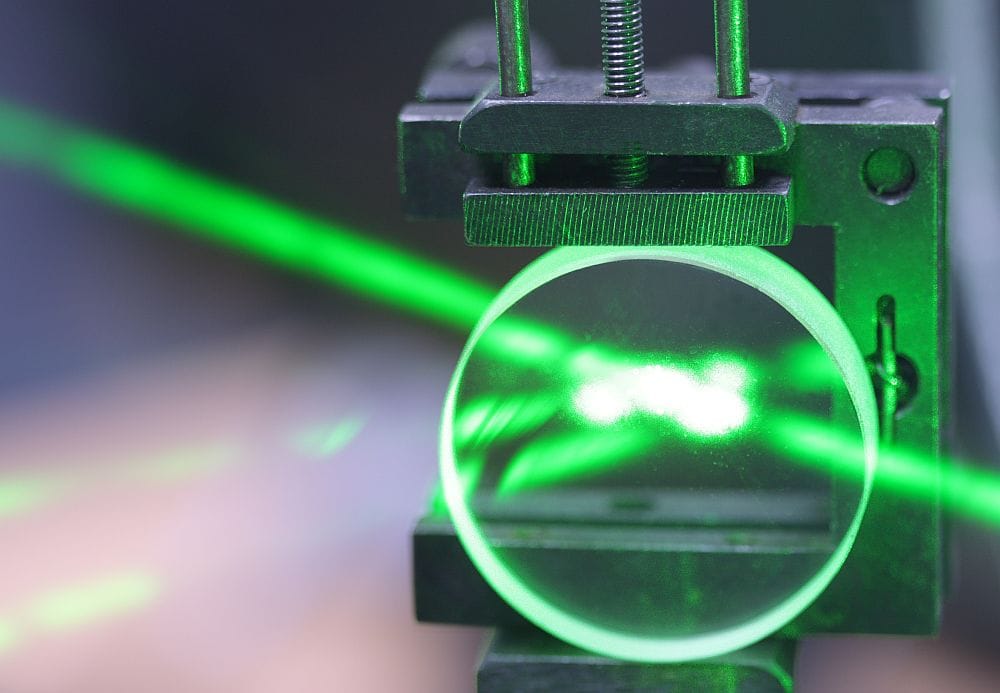Science Magazine has published research suggesting that Japanese scientists have developed a composite skin that is both stretchable and able to conduct electricity, leading researchers at the University of Tokyo to predict robotic applications covered with the material that can both feel heat and pressure. The problem they have been trying to address is that rubber is a poor conductor of electricity. Even rubber blended with ordinary carbon particles have behaved poorly from an electrical point of view, but the team that developed the new materials says they have licked the problem. According to the team the team led by Takao Someya at the university’s School of Engineering circuits can be built into the rubber-nanotube material, which can then be bent and stretched with no diminishment of properties. While several applications come to mind, the one being singled out, at least in press reports, is to use the new materials as artificial skin for robots “As robots enter our everyday life, they need to have sensors everywhere on their bodies like humans,” he told AFP. Imagine they bump into babies. Robots need to feel temperatures, heat and pressure like we do to co-exist. Otherwise it would be dangerous,” said Tsuyoshi Sekitani, a research associate in the team. He said the material is made by grinding carbon nanotubes with an ionic liquid and then adding it to rubber using techniques that allow uniform dispersion. On a more practical front, the Tokyo group also acknowledges that the material could be used on the surface of steering wheels to screen for sobriety by analyzing driver biometric data, or detect early signs of bed sores for for bed-ridden people, Sekitani said. “Objects that come into contact with humans are often not square or flat. We believe interfaces between humans and electronics should be soft,” he said. “We can’t rule out the possibility of using this in living bodies but we’re sticking to using it in electronics.”
CTT Categories
- Biomaterials & Medical
- Material Innovations
- Nanomaterials


